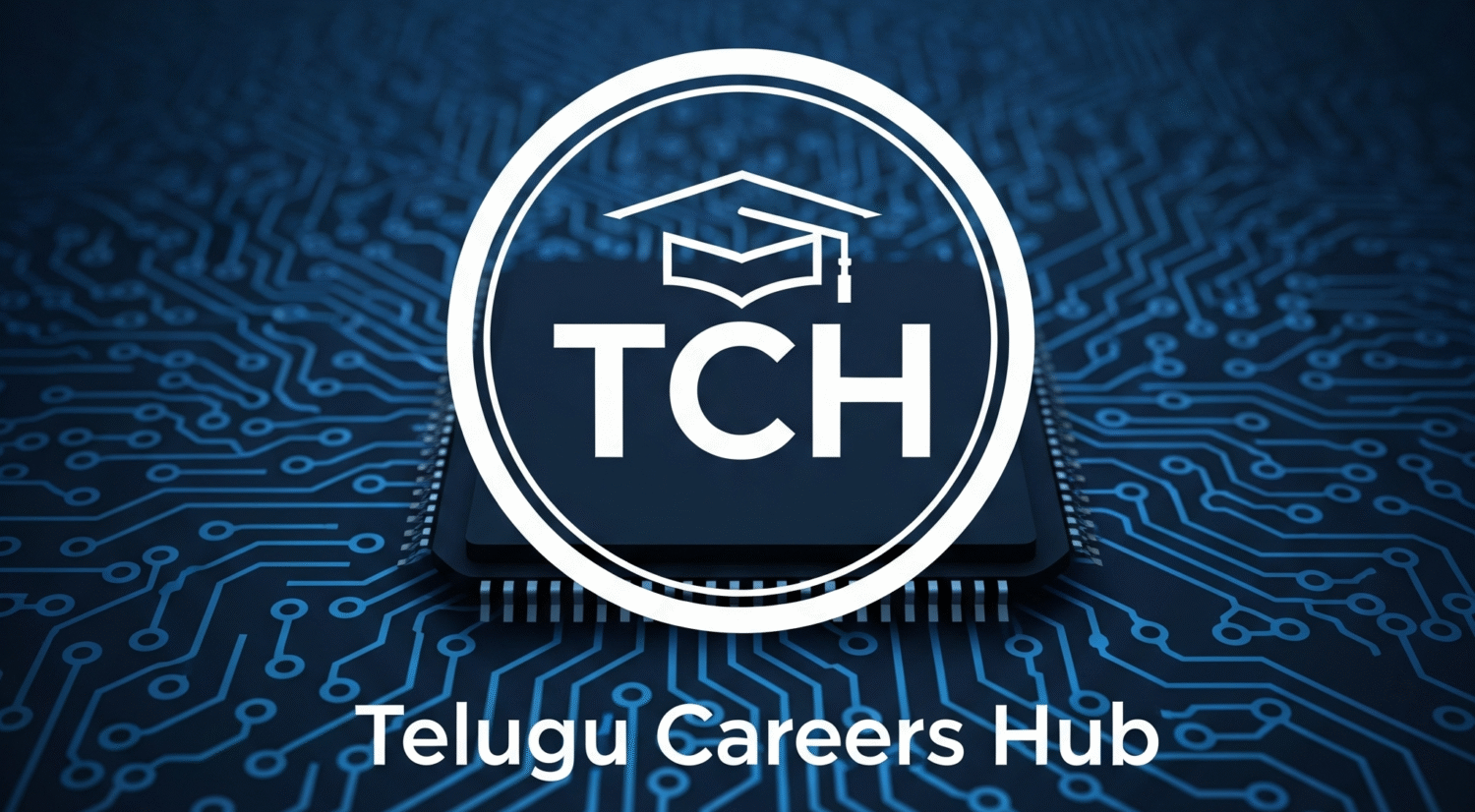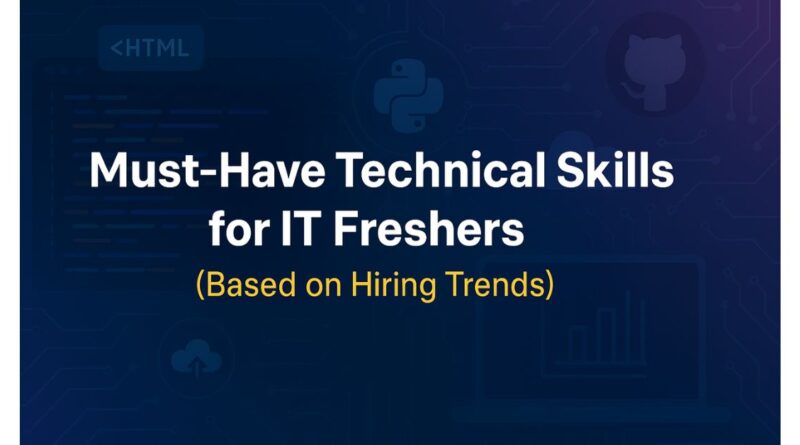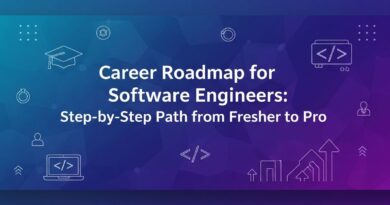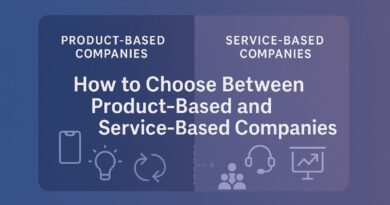Must-Have Technical Skills for IT Freshers (Based on Hiring Trends 2025)
Must-Have Technical Skills for IT Freshers (Based on Hiring Trends 2025)
Breaking into the IT industry as a fresher is more competitive than ever in 2025. With thousands of graduates entering the job market each year, it’s no longer enough to just have a degree. What sets you apart are practical, job-ready technical skills that align with what companies are actively hiring for.
This comprehensive guide covers the most in-demand IT skills for freshers, based on real recruiter expectations, job descriptions, and tech hiring trends. Master these skills and you’ll not only stand out—you’ll get hired faster.
1. Programming Fundamentals: Speak the Language of Tech
Why It’s Essential:
Programming is the foundation of nearly every role in tech—whether you’re a software developer, analyst, tester, or even in DevOps. If you can’t write code, you’re missing the most fundamental skill.
What to Focus On:
-
Choose one language and go deep: Python, Java, C++ (Python is great for beginners)
-
Understand variables, loops, functions, conditional logic, and recursion
-
Learn Object-Oriented Programming (OOP) concepts
Tools to Practice:
-
LeetCode, HackerRank, Codeforces
-
VS Code for writing real programs
-
Replit for browser-based practice
Real-World Use Case:
From building an e-commerce site backend to creating scripts for data analysis, programming is everywhere.
2. Data Structures and Algorithms (DSA): Master Problem Solving
Why It’s Critical:
DSA is the most important skill for cracking coding interviews, especially in product-based companies like Amazon, Google, and Flipkart.
Core Concepts:
-
Arrays, Linked Lists, Stacks, Queues
-
Trees, Graphs, Hash Maps, Heaps
-
Searching, Sorting, Recursion, Dynamic Programming
Where to Learn:
-
Apna College’s DSA Bootcamp (YouTube)
-
NeetCode & Striver DSA Sheets
-
GeeksforGeeks, Coding Ninjas
Interview Tip:
Practice 150+ questions before attending interviews. Focus on both time and space complexity.
3. Git and GitHub: Collaborate Like a Developer
Why It’s Important:
Almost every company uses Git to manage code. It’s essential for teamwork, version control, and even solo projects.
Key Skills:
-
Git commands:
clone,commit,push,pull,branch,merge -
GitHub basics: pull requests, README files, repo management
-
Learn branching and conflict resolution
Extra Tip:
Your GitHub profile often acts as a mini-resume. Upload your projects with proper commits, documentation, and screenshots.
4. Web Development: Design and Deploy Your Ideas
Why It’s Valuable:
Knowing how the web works—from frontend to backend—is useful even if you’re not a full-time web developer. It’s highly practical and project-friendly.
Tools and Technologies:
-
Frontend: HTML, CSS, JavaScript
-
Responsive Design: Flexbox, Grid
-
Hosting: GitHub Pages, Netlify, Vercel
Projects to Build:
-
Personal portfolio
-
To-do app with local storage
-
Weather app using API
What Recruiters Look For:
Live projects, clean UI/UX, mobile responsiveness, and problem-solving ability.
5. Database Management: Understand and Organize Data
Why It Matters:
Everything from your login system to your Instagram likes runs on databases. Understanding how they work is crucial.
Learn These Concepts:
-
SQL: Joins, Normalization, Aggregate Functions
-
NoSQL: MongoDB basics, CRUD operations
-
Tools: MySQL Workbench, PostgreSQL, MongoDB Compass
Project Ideas:
-
Build a user authentication system
-
Create a mini inventory management dashboard
6. Object-Oriented Programming (OOP): Structure Code Efficiently
Why It’s Vital:
OOP is used across most large-scale applications and backend systems. It helps in writing reusable and modular code.
Key Principles:
-
Abstraction
-
Encapsulation
-
Inheritance
-
Polymorphism
Use It With:
Java, Python, C++
Interview Example:
“How does inheritance work in Java?”
“Give a real-life analogy of polymorphism.”
7. Operating Systems and Networking: The Core Computer Science Concepts
Why These Matter:
Even if you’re not going deep into system-level programming, you’ll need these for interviews—especially for companies like TCS, Infosys, Wipro, and government tech exams.
What to Know:
-
OS: Process Scheduling, Deadlocks, Memory Management
-
CN: OSI Model, HTTP vs HTTPS, TCP/IP, DNS
Tools to Practice:
-
VirtualBox + Ubuntu
-
Basic Linux Commands:
ls,cd,cat,chmod
8. APIs and JSON: Enable Communication Between Applications
Why It’s Relevant:
APIs (Application Programming Interfaces) are how apps talk to each other. Whether you’re a frontend or backend dev, you need to know how to fetch and use APIs.
Learn These Skills:
-
RESTful APIs (GET, POST, PUT, DELETE)
-
Using Fetch API or Axios in JavaScript
-
JSON structure and parsing
Projects to Try:
-
GitHub profile fetcher using GitHub API
-
Currency converter using exchange rate API
9. Cloud Basics and DevOps: Gain an Edge Early
Why It’s a Game-Changer:
Cloud computing is no longer optional. Most modern infrastructure is hosted on AWS, Azure, or GCP. Even beginners who understand cloud basics stand out.
What to Learn:
-
AWS Core Services: EC2, S3, IAM, RDS
-
DevOps: CI/CD pipelines, GitHub Actions
-
Docker and Kubernetes basics
Free Learning Platforms:
-
AWS Skill Builder
-
Google Cloud Skills Boost
-
Microsoft Learn
10. Communication and Soft Skills: Don’t Skip This!
Why It’s a Deal-Breaker:
Many freshers lose opportunities not because of their technical skills—but due to poor communication, lack of confidence, or being unprepared for HR rounds.
What You Should Work On:
-
Resume storytelling and STAR method answers
-
Self-introduction for HR rounds
-
Communication for remote work: emails, Slack etiquette, meetings
How to Improve:
-
Record yourself speaking and review
-
Use tools like Grammarly for writing
-
Join webinars or mock interview groups
11. Bonus Power Skills for 2025
Even if you’ve mastered the essentials, here are some power boosters to add to your tech arsenal:
-
TypeScript – For advanced web dev
-
Power BI / Tableau – For analytics and visualization
-
Postman – API testing and documentation
-
Figma – For UI/UX design portfolios
-
Shell scripting – Automate tasks in DevOps or Linux
-
GitHub Copilot / ChatGPT – Learn how to use AI to code faster
How to Learn These Skills the Right Way
Learning is only step one. The secret is to apply and showcase what you’ve learned. Here’s a smart strategy:
-
Pick a skill
-
e.g., Git or APIs
-
-
Learn through free/paid courses
-
Use platforms like YouTube, Coursera, PW Skills, or Udemy
-
-
Build 1–2 small projects
-
Host them, document the code, and push it to GitHub
-
-
Share it on LinkedIn
-
Create a short post explaining what you learned and why it matters
-
Resume Tips to Show Off These Skills
Instead of listing skills, show how you’ve used them:
❌ Basic Skills: Java, HTML, SQL, Git
✅ Better:
-
Built a portfolio website using HTML, CSS, and hosted on GitHub Pages
-
Created a CRUD app using Node.js and MongoDB
-
Used Git for version control and GitHub for collaboration
Final Words: Focus, Learn, Build, Repeat
Don’t try to learn everything at once. Focus on 2–3 areas at a time, build projects, and gradually grow your stack. Whether you want to become a software developer, analyst, tester, or cloud engineer—these job-ready technical skills for freshers will get you noticed by recruiters in 2025 and beyond.
Remember: Consistency beats complexity. It’s not about knowing everything—it’s about knowing the right things well.
Follow us for more Updates: Telugu Careers Hub




